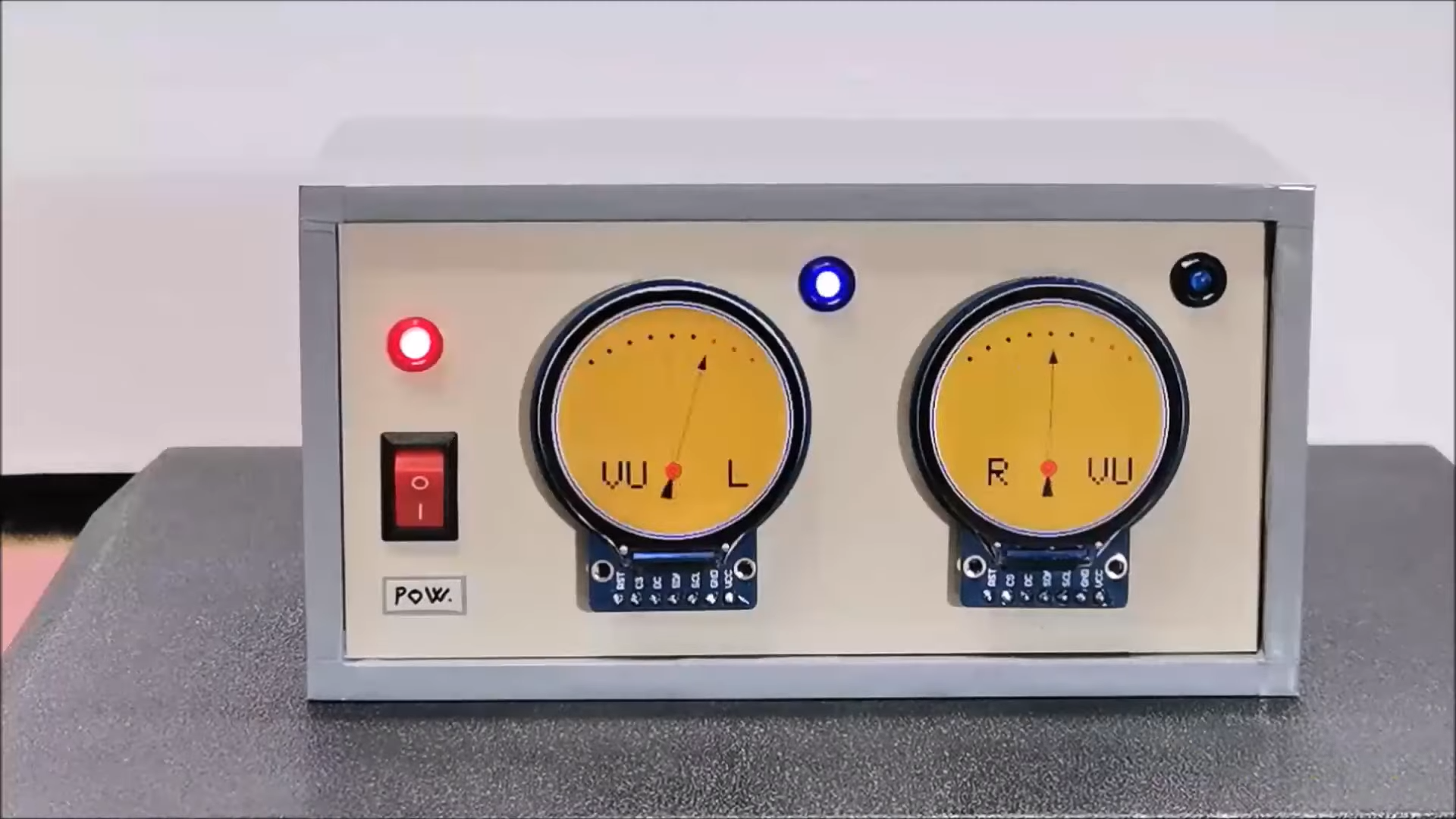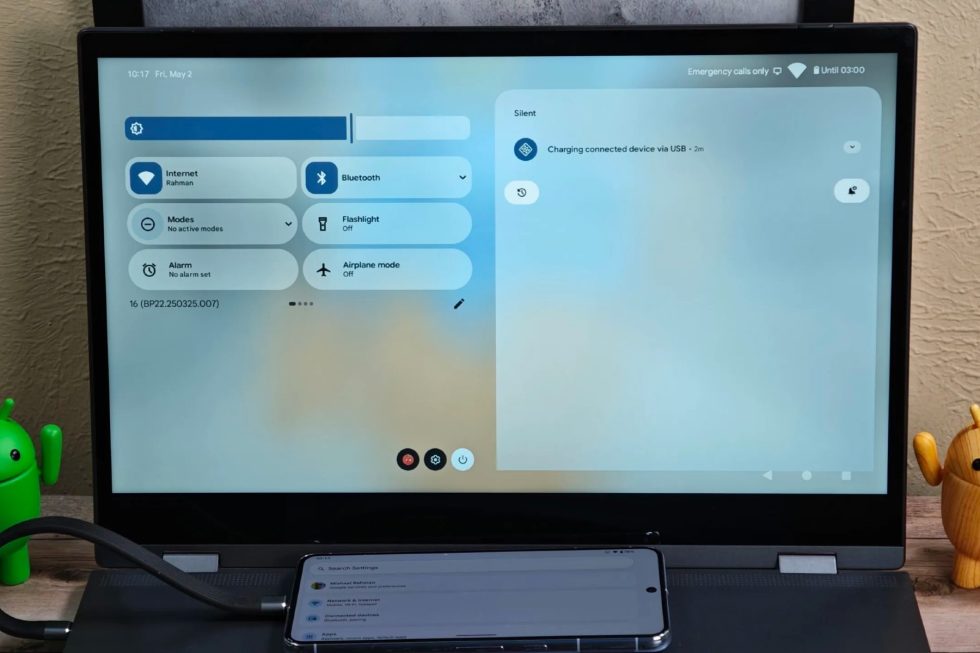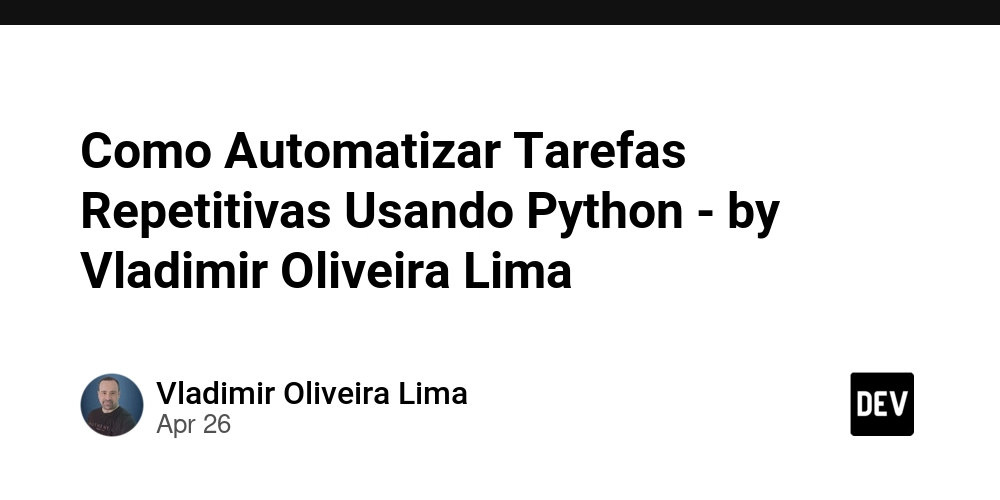Efficient String Splitting in PostgreSQL: 5 Essential Functions
Splitting strings is crucial for effective text management in PostgreSQL. PostgreSQL offers built-in functions designed to handle string splits elegantly, whether you need arrays for flexible querying or rows for easy data normalization. Detailed Guide: PostgreSQL String Splitting 1. SPLIT_PART() Precisely extracts substrings from structured text. SELECT SPLIT_PART('2025-12-25', '-', 3); -- '25' 2. STRING_TO_ARRAY() Creates arrays from strings for easier data manipulation. SELECT STRING_TO_ARRAY('apple,banana,grape', ','); -- {'apple','banana','grape'} 3. STRING_TO_TABLE() Turns delimited strings into rows, simplifying relational data operations. SELECT STRING_TO_TABLE('NY|LA|SF', '|'); -- Rows: NY, LA, SF 4. REGEXP_SPLIT_TO_ARRAY() Splits strings flexibly using regex. SELECT REGEXP_SPLIT_TO_ARRAY('SKU123-ColorBlue', '\W+|\D+'); -- {'123','Blue'} 5. REGEXP_SPLIT_TO_TABLE() Transforms strings into rows for detailed analysis. SELECT REGEXP_SPLIT_TO_TABLE('Dev.to PostgreSQL guide', '\s+'); -- Rows: Dev.to, PostgreSQL, guide FAQs PostgreSQL string splitting functions? SPLIT_PART(), STRING_TO_ARRAY(), STRING_TO_TABLE(), REGEXP_SPLIT_TO_ARRAY(), REGEXP_SPLIT_TO_TABLE(). Does PostgreSQL allow regex-based splitting? Yes, via REGEXP_SPLIT_TO_ARRAY() and REGEXP_SPLIT_TO_TABLE(). Difference between STRING_TO_ARRAY() and regex splits? STRING_TO_ARRAY() uses exact delimiters, regex functions use patterns. Split strings into rows in PostgreSQL? Yes, STRING_TO_TABLE() or REGEXP_SPLIT_TO_TABLE(). Conclusion Mastering string splitting in PostgreSQL isn't just convenient—it can significantly enhance your database efficiency and simplify complex text handling. With built-in functions like SPLIT_PART(), STRING_TO_TABLE(), and regex-based approaches, managing textual data becomes intuitive. For more details, read the article 5 Ways to Split a String in PostgreSQL.

Splitting strings is crucial for effective text management in PostgreSQL. PostgreSQL offers built-in functions designed to handle string splits elegantly, whether you need arrays for flexible querying or rows for easy data normalization.
Detailed Guide: PostgreSQL String Splitting
1. SPLIT_PART()
Precisely extracts substrings from structured text.
SELECT SPLIT_PART('2025-12-25', '-', 3); -- '25'
2. STRING_TO_ARRAY()
Creates arrays from strings for easier data manipulation.
SELECT STRING_TO_ARRAY('apple,banana,grape', ',');
-- {'apple','banana','grape'}
3. STRING_TO_TABLE()
Turns delimited strings into rows, simplifying relational data operations.
SELECT STRING_TO_TABLE('NY|LA|SF', '|');
-- Rows: NY, LA, SF
4. REGEXP_SPLIT_TO_ARRAY()
Splits strings flexibly using regex.
SELECT REGEXP_SPLIT_TO_ARRAY('SKU123-ColorBlue', '\W+|\D+');
-- {'123','Blue'}
5. REGEXP_SPLIT_TO_TABLE()
Transforms strings into rows for detailed analysis.
SELECT REGEXP_SPLIT_TO_TABLE('Dev.to PostgreSQL guide', '\s+');
-- Rows: Dev.to, PostgreSQL, guide
FAQs
PostgreSQL string splitting functions?
SPLIT_PART(), STRING_TO_ARRAY(), STRING_TO_TABLE(), REGEXP_SPLIT_TO_ARRAY(), REGEXP_SPLIT_TO_TABLE().
Does PostgreSQL allow regex-based splitting?
Yes, via REGEXP_SPLIT_TO_ARRAY() and REGEXP_SPLIT_TO_TABLE().
Difference between STRING_TO_ARRAY() and regex splits?
STRING_TO_ARRAY() uses exact delimiters, regex functions use patterns.
Split strings into rows in PostgreSQL?
Yes, STRING_TO_TABLE() or REGEXP_SPLIT_TO_TABLE().
Conclusion
Mastering string splitting in PostgreSQL isn't just convenient—it can significantly enhance your database efficiency and simplify complex text handling. With built-in functions like SPLIT_PART(), STRING_TO_TABLE(), and regex-based approaches, managing textual data becomes intuitive. For more details, read the article 5 Ways to Split a String in PostgreSQL.






































































































































































![[The AI Show Episode 145]: OpenAI Releases o3 and o4-mini, AI Is Causing “Quiet Layoffs,” Executive Order on Youth AI Education & GPT-4o’s Controversial Update](https://www.marketingaiinstitute.com/hubfs/ep%20145%20cover.png)









































































































































































































































































_Inge_Johnsson-Alamy.jpg?width=1280&auto=webp&quality=80&disable=upscale#)















































































































![Under-Display Face ID Coming to iPhone 18 Pro and Pro Max [Rumor]](https://www.iclarified.com/images/news/97215/97215/97215-640.jpg)
![New Powerbeats Pro 2 Wireless Earbuds On Sale for $199.95 [Lowest Price Ever]](https://www.iclarified.com/images/news/97217/97217/97217-640.jpg)
![Alleged iPhone 17-19 Roadmap Leaked: Foldables and Spring Launches Ahead [Kuo]](https://www.iclarified.com/images/news/97214/97214/97214-640.jpg)





































































































